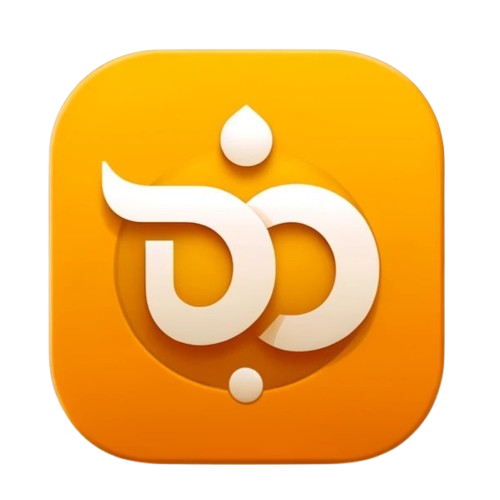Former Chief Business Officer of WhatsApp says he regrets the $22 billion sale to Facebook.
In a series of tweets he writes,
WhatsApp was founded in 2009 by Jan Koum and Brian Acton. 2 years in (2011), I joined the team as Chief Business Officer. And in 2012/13, we were approached by Zuck & Facebook about an acquisition. We declined and decided to keep growing instead.
But then…
FB approached us again early 2014 with an offer that made it look like a partnership:
• Full support for end-to-end encryption
• No ads (ever)
• Complete independence on product decisions
• Board seat for Jan Koum
• Our own office in Mountain View
• Etc.
As we began talking through the acquisition, and made our stance very clear:
- No mining user data
- No ads (ever)
- No cross-platform tracking
FB and their management agreed and we thought they believed in our mission.
Of course, that’s not what happened.
In 2014, WhatsApp was acquired by Facebook for $22 billion (in cash & stock).
But by 2017 and 2018, things started to look very different…
Until eventually, in 2018, right as details of the Facebook/Cambridge Analytica scandal came out, Brian Acton sent a tweet that sent shockwaves through the social media stratosphere.
Today, WhatsApp is Facebook’s second largest platform (even bigger than Instagram or FB Messenger).
But it’s a shadow of the product we poured our hearts into, and wanted to build for the world.
And I am not the only one who regrets that it became part of Facebook when it did.
@MeghUpdates
In a series of tweets he writes,
WhatsApp was founded in 2009 by Jan Koum and Brian Acton. 2 years in (2011), I joined the team as Chief Business Officer. And in 2012/13, we were approached by Zuck & Facebook about an acquisition. We declined and decided to keep growing instead.
But then…
FB approached us again early 2014 with an offer that made it look like a partnership:
• Full support for end-to-end encryption
• No ads (ever)
• Complete independence on product decisions
• Board seat for Jan Koum
• Our own office in Mountain View
• Etc.
As we began talking through the acquisition, and made our stance very clear:
- No mining user data
- No ads (ever)
- No cross-platform tracking
FB and their management agreed and we thought they believed in our mission.
Of course, that’s not what happened.
In 2014, WhatsApp was acquired by Facebook for $22 billion (in cash & stock).
But by 2017 and 2018, things started to look very different…
Until eventually, in 2018, right as details of the Facebook/Cambridge Analytica scandal came out, Brian Acton sent a tweet that sent shockwaves through the social media stratosphere.
Today, WhatsApp is Facebook’s second largest platform (even bigger than Instagram or FB Messenger).
But it’s a shadow of the product we poured our hearts into, and wanted to build for the world.
And I am not the only one who regrets that it became part of Facebook when it did.
@MeghUpdates
Former Chief Business Officer of WhatsApp says he regrets the $22 billion sale to Facebook.
In a series of tweets he writes,
WhatsApp was founded in 2009 by Jan Koum and Brian Acton. 2 years in (2011), I joined the team as Chief Business Officer. And in 2012/13, we were approached by Zuck & Facebook about an acquisition. We declined and decided to keep growing instead.
But then…
FB approached us again early 2014 with an offer that made it look like a partnership:
• Full support for end-to-end encryption
• No ads (ever)
• Complete independence on product decisions
• Board seat for Jan Koum
• Our own office in Mountain View
• Etc.
As we began talking through the acquisition, and made our stance very clear:
- No mining user data
- No ads (ever)
- No cross-platform tracking
FB and their management agreed and we thought they believed in our mission.
Of course, that’s not what happened.
In 2014, WhatsApp was acquired by Facebook for $22 billion (in cash & stock).
But by 2017 and 2018, things started to look very different…
Until eventually, in 2018, right as details of the Facebook/Cambridge Analytica scandal came out, Brian Acton sent a tweet that sent shockwaves through the social media stratosphere.
Today, WhatsApp is Facebook’s second largest platform (even bigger than Instagram or FB Messenger).
But it’s a shadow of the product we poured our hearts into, and wanted to build for the world.
And I am not the only one who regrets that it became part of Facebook when it did.
@MeghUpdates
0 Comments
0 Shares
640 Views
0 Reviews

